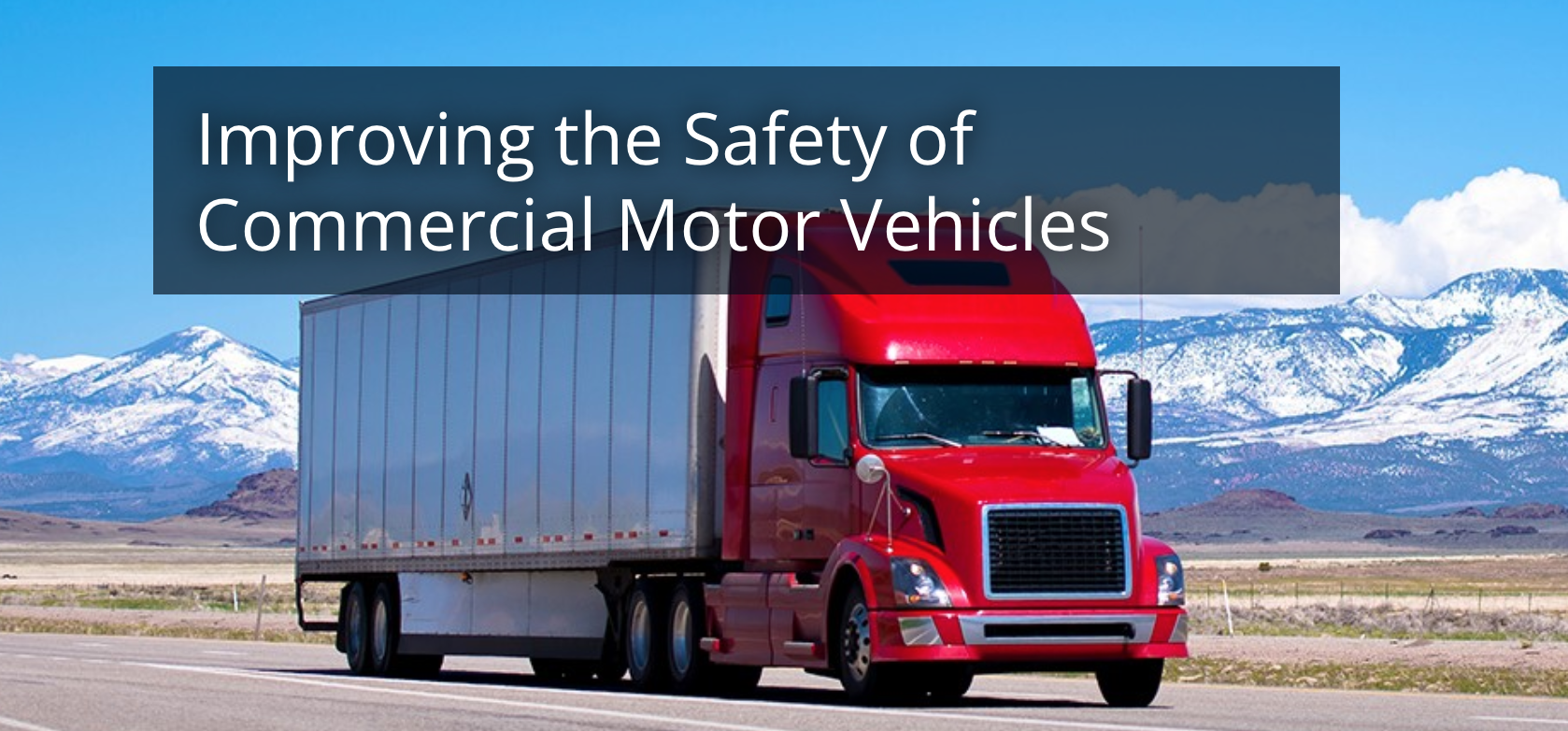The Federal Motor Carrier Safety Administration (FMCSA) is a government agency that is responsible for promoting safety in the trucking industry. It does this by setting safety standards and regulations for commercial vehicles, such as trucks and buses, and by enforcing those regulations through inspections, investigations, and other enforcement actions.
The FMCSA also provides training and education to commercial drivers, carriers, and other industry stakeholders to help them understand and comply with the safety regulations. By ensuring that trucks and buses are operated safely, the FMCSA helps to make the highways safer for all users.
The FMCSA is involved in the following activities in an effort to improve highway safety for motor carriers and non-commercial drivers.
- Continuing education outreach efforts and stakeholder engagement;
- Sharing best practices and developing training;
- Managing grant programs and funding to support State partners;
- Overseeing registration, operating authority, and customer service programs;
- Managing data-driven analysis and research;
- Researching innovative safety management practices and technologies;
- Overseeing the emergency response program;
- Strengthening safety regulations while reducing unnecessary regulatory costs and burdens;
- Enforcing safety regulations;
- Developing and managing information technology (IT); and
- Conducting program evaluations.
| Acronyms | Definition |
|---|---|
| A&I | Analysis and Information |
| ADA | Americans with Disabilities Act |
| ADAS | Advanced Driver Assistance Systems |
| ADS | Automated Driving System |
| CDL | Commercial Driver’s License |
| CDLIS | Commercial Driver’s License Information System |
| CFR | Code of Federal Regulations |
| CLP | Commercial Learner’s Permit |
| CMV | Commercial Motor Vehicle |
| CR | Compliance Review |
| CSA | Compliance, Safety, Accountability |
| CSP | Cooperative Safety Plan |
| CVSA | Commercial Vehicle Safety Alliance |
| DOT | Department of Transportation |
| DVIR | Driver Vehicle Inspection Report |
| ELD | Electronic Logging Device |
| ELDT | Entry-Level Driver Training |
| ETA | Educational and Technical Assistance |
| FHWA | Federal Highway Administration |
| FMCSA | Federal Motor Carrier Safety Administration |
| FMCSR | Federal Motor Carrier Safety Regulations |
| FMP | Fatigue Management Program |
| FTA | Federal Transit Administration |
| GCWR | Gross Combination Weight Rating |
| GPRA | Government Performance and Results Act of 1993 |
| GPRAMA | Government Performance and Results Act Modernization Act of 2010 |
| GVWR | Gross Vehicle Weight Rating |
| Hazmat (HM) | Hazardous Materials |
| HHG | Household Goods |
| HMR | Hazardous Materials Regulations |
| HMSP | Hazardous Materials Safety Permit |
| HOS | Hours of Service |
| IEP | Intermodal Equipment Provider |
| IT | Information Technology |
| LCV | Longer Combination Vehicle |
| LTCCFS | Large Truck Crash Causal Factors Study |
| MCP | Motor Carriers of Passengers |
| MCSAC | Motor Carrier Safety Advisory Committee |
| MCSAP | Motor Carrier Safety Assistance Program |
| MEC | Medical Examiner’s Certificate |
| MRB | Medical Review Board |
| MVR | Motor Vehicle Record |
| NAFMP | North American Fatigue Management Program |
| NEWS | New Entrant Web System |
| NIOSH | National Institute for Occupational Safety and Health |
| NOC | Notice of Claim |
| NOV | Notice of Violation |
| NTSB | National Transportation Safety Board |
| OIG | Office of Inspector General |
| OMB | Office of Management and Budget |
| OOSO | Out-of-Service Order |
| OTRB | Over-the-Road Bus |
| PASA | Pre-Authorization Safety Audit |
| PHSMA | Pipeline and Hazardous Materials Safety Administration |
| PMCPs | Private Motor Carriers of Passengers |
| PSP | Pre-Employment Screening Program |
| PU | Power Units |
| RODS | Records of Duty Status |
| SAP | Substance Abuse Professional |
| SMS | Safety Measurement System |
| URS | Unified Registration System |
| URS | Unified Registration System |
| URSA | Utility for Risk-Based Screening and Assessment |
| USDOT / DOT | U.S. Department of Transportation |
| VMT | Vehicle Miles Travelled |
There are several ways trucking companies can work with the FMCSA to improve company and highway safety.
Among them include:
- Participate in FMCSA safety programs, such as the Compliance, Safety, Accountability (CSA) program, which uses data to identify and address potential safety issues.
- Use FMCSA resources and tools, such as the Safety Measurement System (SMS), to track and improve their safety performance.
- Take advantage of FMCSA training and education opportunities to help their drivers and other employees understand and comply with safety regulations.
- Work with the FMCSA to develop industry-specific safety standards and best practices, and participate in advisory committees and other stakeholder groups.
By partnering with the FMCSA and working together to improve safety, companies can help reduce accidents and injuries on the road and make the highways safer for everyone.
Have questions or concerns about your company’s FMCSA compliance program? Contact us for a free consultation.


